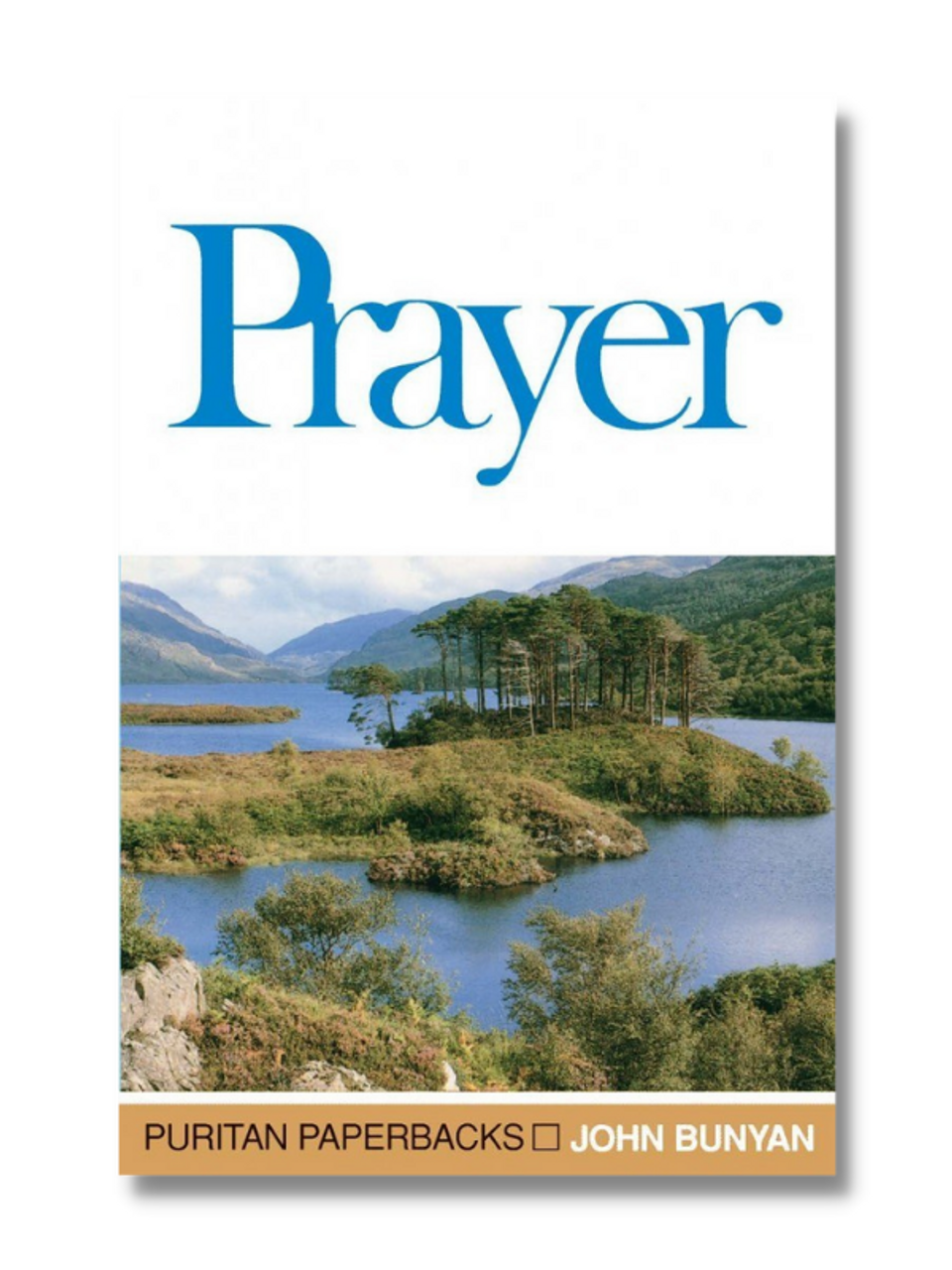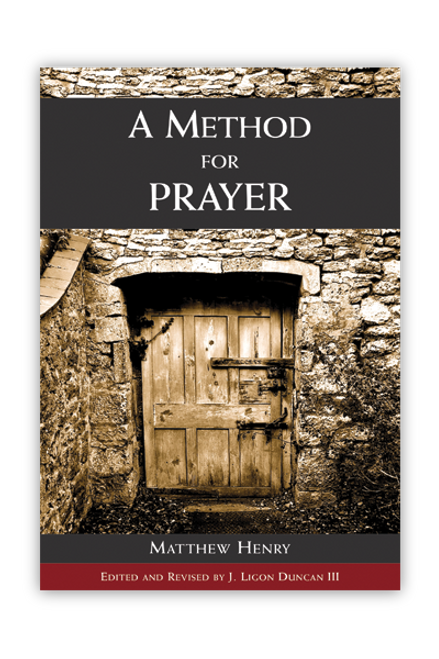Product Description
Two works on prayer are here brought together. In Praying in the Spirit Bunyan defines what it means to pray with the spirit and with the understanding, and deals with difficulties in prayer. In The Throne of Grace, he explains how to approach God’s throne in prayer and opens up the blessings God’s people receive from the high priestly ministry of Jesus Christ.
Paperback, 176 pages
Publication Date: 1965
TABLE OF CONTENTS
PART ONE
PRAYING IN THE SPIRIT
1 What true prayer is
2 What it is to pray with the Spirit
3 What it is to pray with the Spirit and with the understanding
4 Queries and objections answered
5 Use and application
6 Conclusion
PART TWO
THE THRONE OF GRACE
1 God has more thrones than one
2 The godly can distinguish one throne from another
1. There is a throne of grace
- Import of the term ‘grace’
- What is to be inferred from the term, ‘throne of grace’
- What this throne of grace is
- Where the throne of grace is erected
- Why the law and the mercy-seat are so near together
2. How the godly distinguish the throne of grace from other thrones
3 The persons intended by the exhortation, ‘Let us come’
- The orderly coming to the throne of grace
4 How we are to approach the throne of grace
- What it is to come to the throne of grace without boldness
- None but the godly know the throne of grace
5 Motives for coming boldly to the throne of grace
1. Because we have such an high priest there
(i) The legal qualifications of Jesus Christ for the office of high priest
- Christ the sacrifice as well as the high priest, and how he offered it
- Christ a willing and an effectual sacrifice
- Christ the altar
- How Christ executes the office of high priest
- How these mysteries are to be learned
(ii) The natural qualifications of Jesus Christ to be our high priest
2. Because we are sure to speed
- Saints are like to meet with needy times
- Continual supplies of grace are essential to our welfare
- What this should teach us
6 Conclusion
- Six lessons to be learned from this text
About the Author
John Bunyan was born in Elstow, near Bedford, in 1628, the son of Thomas Bunyan and Margaret Bentley. He followed his father into the tinker's trade but rebelled against God and 'had but few equals, both for cursing, swearing, lying, and blaspheming the holy name of God'. As a teenager, he joined Cromwell's New Model Army, but continued his rebellious ways. His life was saved on one occasion when a fellow-soldier took his place at the siege of Leicester, and 'as he stood sentinel he was shot in the head with a musket bullet and died'.
Discharged from the army after three years, Bunyan married a God-fearing woman (whose name is unknown) in 1648, who brought two books to the marriage: The Plain Man s Pathway to Heaven (Arthur Dent) and The Practice of Piety (Lewis Bayly). These convicted Bunyan of his sin and he made attempts to reform his life. But he realised that he was lost and without Christ when he came into contact with a group of women whose 'joyous conversation about the new birth and Christ deeply impressed him'. In 1651 the women introduced him to their pastor in Bedford, John Gifford, who was instrumental in leading Bunyan to repentance and faith.
In the following years, Bunyan began publishing books and became established as a reputable Puritan writer, but around this time, his first wife died. He remarried in 1659, a godly young woman named Elizabeth, who was to be a staunch advocate for her husband during his imprisonments for in 1660 Bunyan was arrested for preaching without official permission from King Charles II; he was to spend the next 12½ years in Bedford County Gaol.
Although a time of much suffering, Bunyan's years in prison were productive, for he wrote extensively, with only the Bible and Foxe's Book of Martyrs beside him, publishing such titles as Christian Behaviour, The Holy City and A Defence of the Doctrine of Justification. Of particular significance for his life-story was Grace Abounding to the Chief of Sinners, which chronicled his life up to the time of his imprisonment.
He was eventually released in 1672, and took up his pastorate in Bedford, having been appointed by the congregation the preceding January. After some fruitful years of ministry, in March of 1675 Bunyan was again imprisoned for preaching publicly without a license. It was during this imprisonment that he began the first part of his most famous book, The Pilgrim's Progress, which was to sell more than 100,000 copies in its first ten years in print.







